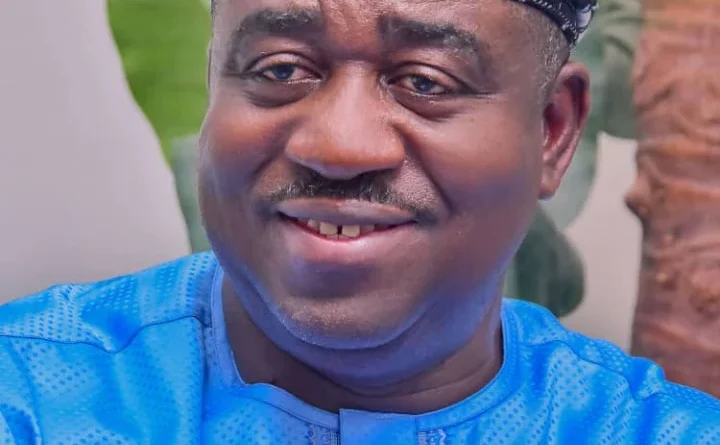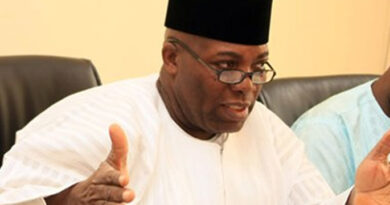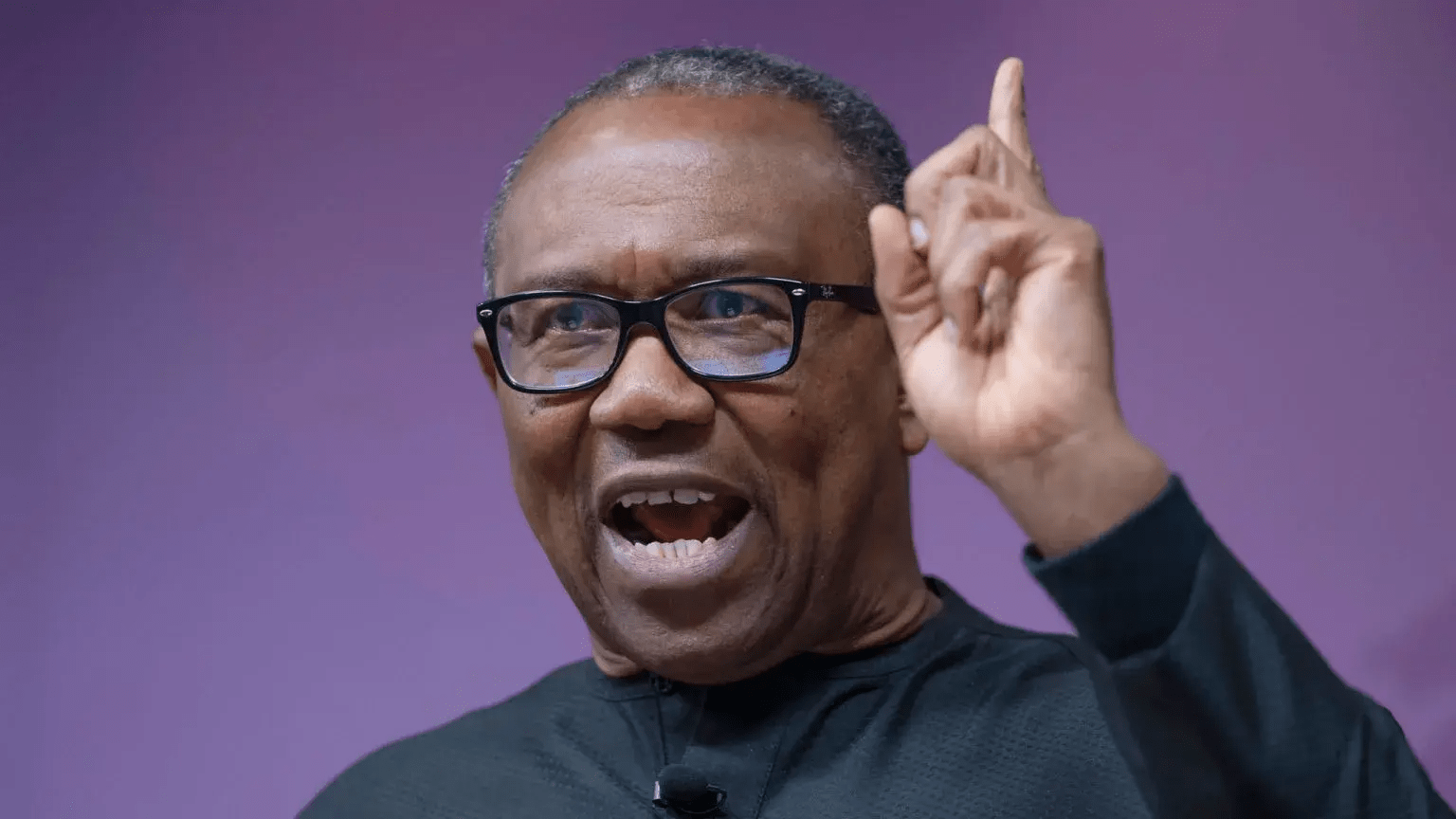Gabriel Suswam Calls for Stakeholder Support on Ambitious Electricity Bill 2022
The Electricity Bill 2022, spearheaded by Senator Gabriel Suswam, marks a significant legislative move aimed at revamping Nigeria’s power sector and building on the outcomes of the 2013 privatization. Initially introduced as the Electricity Bill 2021, it passed its Second Reading in the Nigerian Senate on September 28, 2021, and is currently under further review by the Senate Committee on Power, with a two-day public hearing planned to engage stakeholders and the public.
This proposed law is a product of detailed industry assessments and expert consultations. It contains 213 clauses across 21 parts and five schedules. The Bill aims to repeal the Electric Power Sector Reform Act (EPSRA) of 2005 and replace it with a more comprehensive Electricity Act that reflects current industry realities and supports growth in power generation, transmission, and distribution.
A major highlight is the proposal to give legal backing to state governments, allowing them to build generation plants and transmission lines in areas not connected to the national grid. This move encourages state-level investment in electricity infrastructure and could bring power to many underserved regions. It also introduces a framework for cooperation between federal and state governments to improve power access even in grid-connected but under-supplied areas.
For the first time, the Bill provides a structure for an integrated planning mechanism called the National Integrated Electricity Policy and Strategic Implementation Plan (NIEPSIP). This plan, to be published within a year of the Bill’s commencement, will guide long-term development in the sector and will be reviewed every five years. It aims to close existing policy gaps and provide a stable direction for the industry.
The Bill also reinforces the autonomy of the Nigerian Electricity Regulatory Commission (NERC), while clearly outlining the supervisory roles of the Minister of Power. It consolidates existing laws governing various agencies like the Nigerian Electricity Management Services Agency (NEMSA) and the Hydroelectric Power Producing Areas Development Commission (HYPPADEC), ensuring clear role definitions to avoid overlaps and regulatory confusion.
Additionally, Clause 7 acknowledges the legitimacy of the past privatization exercise, putting to rest the controversies about its reversal. This clause supports the restructuring of the former NEPA into 18 separate companies and emphasizes their licensing and performance agreements. A recent legal case, Jos Electricity Distribution Company v. Barr. Dasat Lengnan John, also highlighted the need to clarify the legal relationships in this new power sector structure, making this legislative clarity crucial.
The Bill introduces innovative elements like separate licenses for distribution and retail operators, recognition of electricity distribution franchising (EDF), and support for independent electricity distribution networks. It also encourages private sector investment in national grid infrastructure through clear legal frameworks, and supports the gradual evolution of a competitive electricity market, moving from the current Transitional Electricity Market (TEM) to Medium Term and Long Term Markets.
Other reforms include clearer license terms, guidelines for business continuity after license revocations, consumer protection mechanisms, tariff subsidy frameworks, and even penalties for electricity-related crimes. The Bill proposes establishing a Federal Power Task Force and an Electricity Appeal Tribunal to prosecute offenders and resolve sector disputes efficiently.
In essence, the Electricity Bill 2022 is a holistic framework designed to transform Nigeria’s power sector into a more competitive, transparent, and investment-friendly environment. Senator Gabriel Suswam is urging stakeholders to actively support this legislative effort, which he believes will solve many of the long-standing challenges faced since the privatization of electricity in Nigeria.
Question:
Why is stakeholder support critical for the Electricity Bill 2022?
Answer:
Stakeholder support is crucial because the Bill aims to implement wide-ranging changes that affect all parts of the electricity supply chain—from state governments to private investors, consumers, and regulators. Their input and collaboration will ensure smooth implementation, promote investment, and build trust in the reform process.








